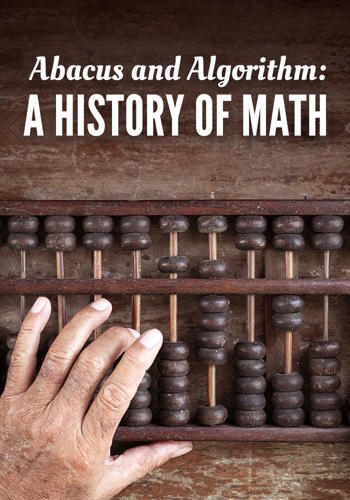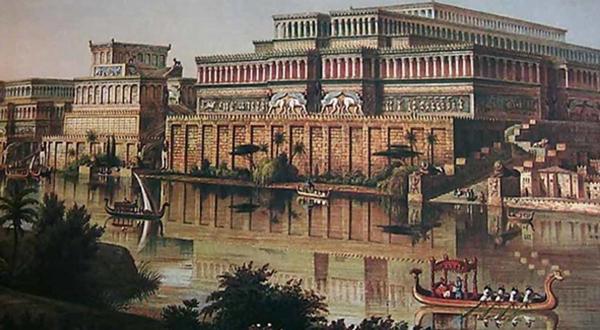Ancient Algorithms: The Role of Mathematics in Historic Innovation
Exploring Ancient Algorithms and Their Impact on Modern Mathematics

Frequently Asked Questions
Algorithms are step-by-step procedures for calculations or problem-solving, and they are significant in the history of mathematics because they represent early systematic approaches to solving problems, laying the groundwork for modern computational methods.
Ancient algorithms contributed foundational concepts and techniques that evolved into more sophisticated mathematical theories and methods. For instance, the principles of arithmetic developed in Mesopotamia, the handling of zero in India, and Euclid's elements directly influenced modern mathematical practice and digital algorithms.
Step by Step Guide
1
Understanding Algorithms
An algorithm is a set of step-by-step instructions designed to perform a specific task. Starting with this definition, let’s explore how this concept has evolved and its relevance in ancient civilizations.
2
The Birth of Mathematics
Investigate the origins of mathematics in ancient civilizations such as Mesopotamia, Egypt, and Greece, where early forms of mathematical thought laid the groundwork for algorithm development. Discuss basic numerical systems and their uses.
3
Mesopotamian Algorithms
Delve into the mathematics of Mesopotamia, including their sexagesimal (base-60) system, clay tablets with arithmetic calculations, and early algorithms for multiplication and division.
4
Egyptian Contribution to Mathematics
Explore the Rhind Mathematical Papyrus, which contains various arithmetic problems and solutions that illustrate ancient Egyptian algorithms and their applications in trade and construction.
5
Greek Mathematics and Euclidean Algorithms
Examine Greek advancements in algorithms with a focus on Euclid's Elements and the Euclidean algorithm for finding the greatest common divisor (GCD) of two numbers, defining the role of proofs in mathematics.
6
Algorithms in Ancient China
Discuss the ancient Chinese algorithms, presenting unique numerical methods like the Chinese Remainder Theorem and its applications in solving systems of congruences.
7
Indian Mathematical Innovations
Highlight contributions from ancient India, including Aryabhata’s algorithms for astronomical calculations and Indian numeral systems, emphasizing zero's role as a numeral.
8
The Role of Algorithms in Islamic Golden Age
Investigate how Islamic scholars preserved and expanded upon ancient algorithms, focusing on Al-Khwarizmi, whose name is the root of the word 'algorithm' and the development of algebra.
9
Transmission of Mathematical Knowledge
Trace the spread of algorithms and mathematical knowledge through trade, conquests, and translations from the ancient to the medieval world, discussing key figures and texts.
10
Legacy of Ancient Algorithms in Modern Mathematics
Analyze how the foundations laid by ancient algorithms influence modern mathematical concepts, computational methods, and the digital algorithms we use today.
11
Conclusion: The Timeless Nature of Algorithms
Reflect on the enduring importance of algorithms throughout history and how they represent the creativity and innovation of human thought, leading us to the sophisticated algorithms of our time.








